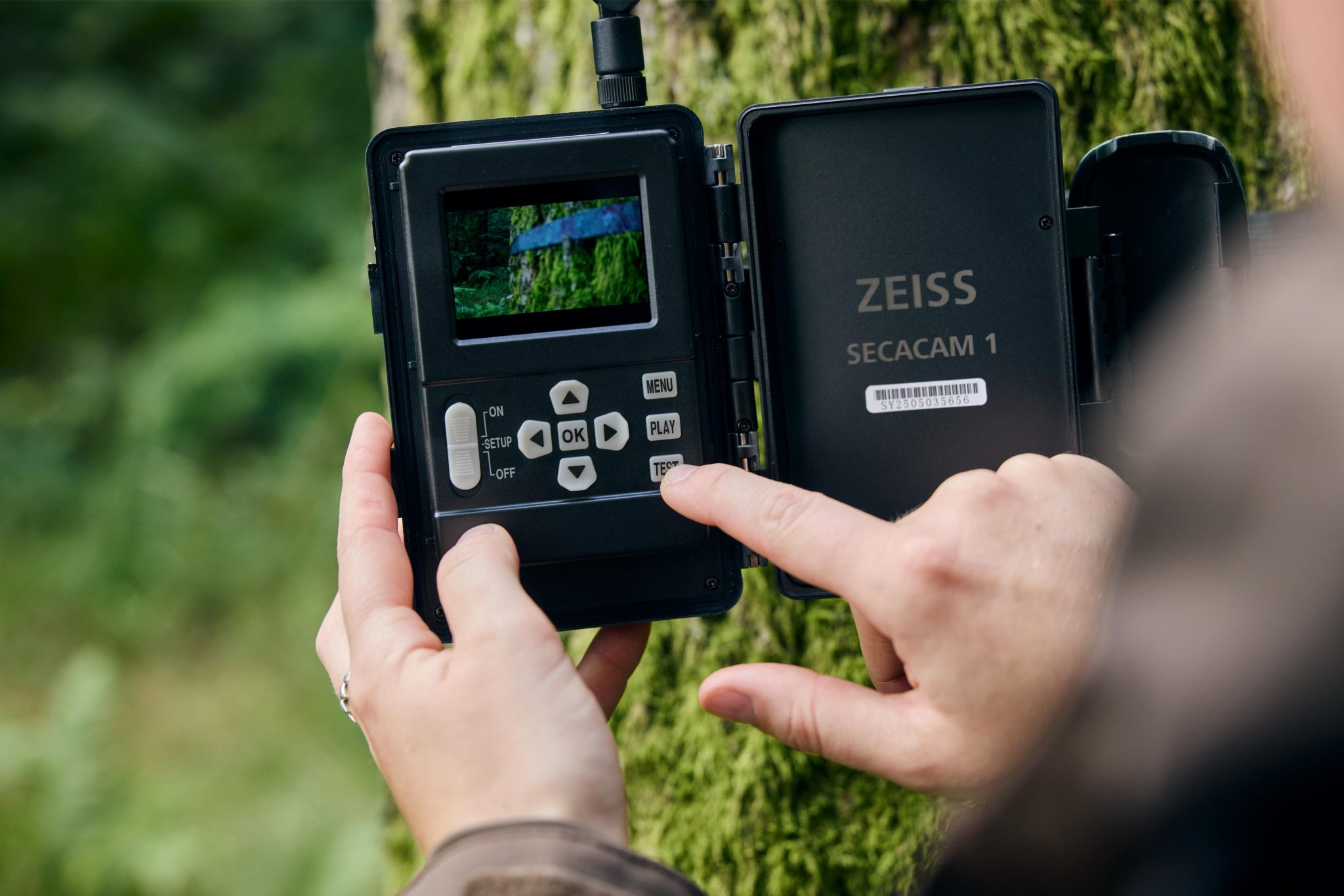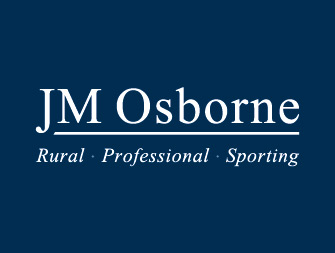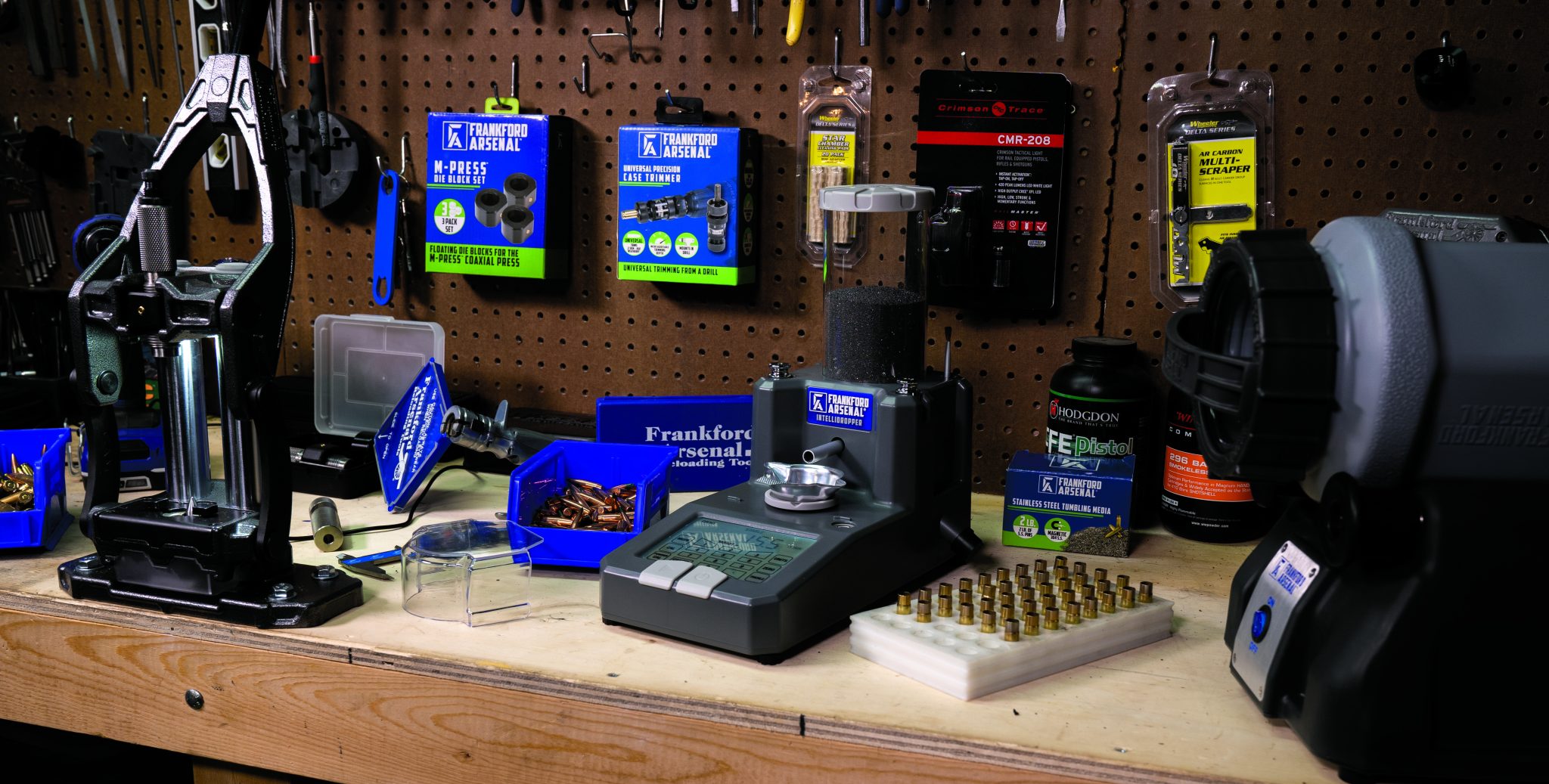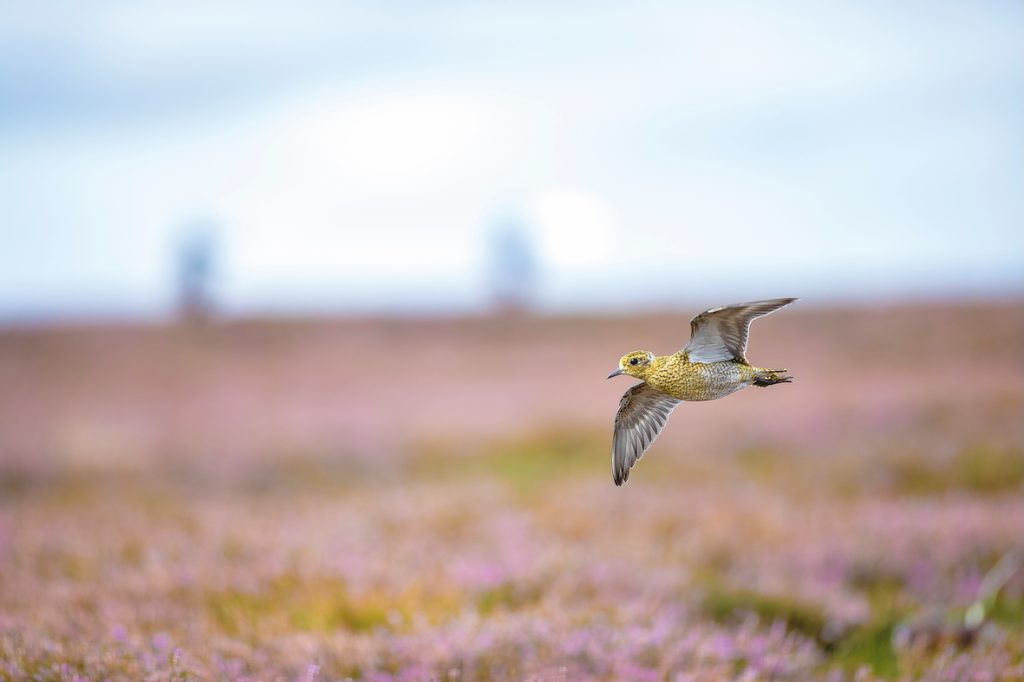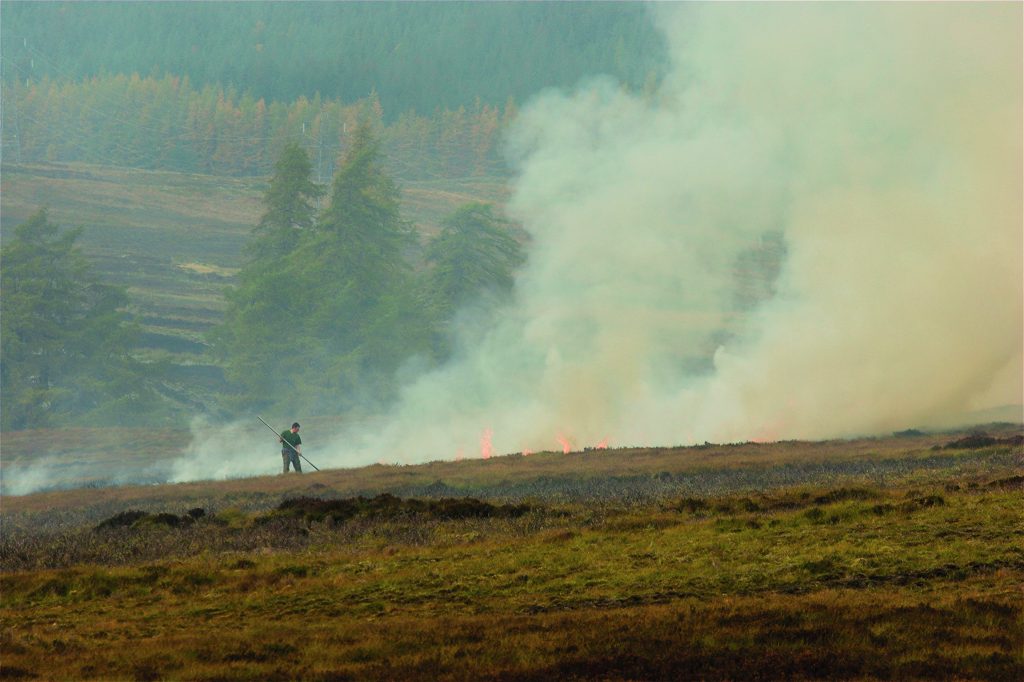The countdown is on for The British Shooting Show – book tickets online today and save on gate price!
Avian flu: game farms urged to tighten biosecurity as cases rise
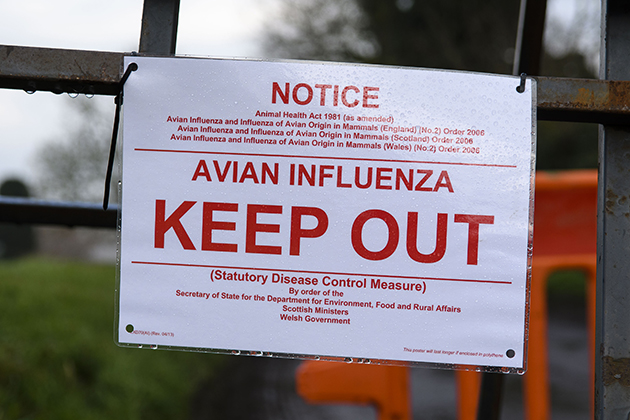 Photo by Mark Bullimore
Photo by Mark Bullimore
Rising threat to gamebirds in 2025
After a relatively quiet 2024, avian influenza (AI) has returned with serious impact. In mid-May, cases among wild birds declined, and for a short time no captive birds tested positive. But by June, new outbreaks appeared, including on a game farm. Since then, pheasant release pens have also been hit, with some testing positive for AI.
The Animal and Plant Health Agency (APHA) decides whether birds in release pens are classed as captive or wild. This distinction has major consequences:
-
Captive birds: Culled with compensation, though follow-up restrictions often make the shoot unworkable.
-
Wild birds: No compensation is offered, leaving shoots to absorb the financial loss.
Read more on avian influenza guidance from Defra.
Biosecurity must be more than a foot dip
While gamekeepers cannot eliminate risk entirely, improved biosecurity greatly reduces the chance of infection. Investigations frequently conclude that protocols could have been stronger.
Biosecurity is not just equipment – it is a mindset. Every activity should be approached with the goal of lowering AI risk.
Key steps include:
-
Careful pen design, with feeders and drinkers sited away from wild bird activity
-
Strict cleanliness of staff, vehicles and footwear, plus PPE such as boot covers and disposable overalls
-
Feed stored securely, away from vermin and wild birds
-
Restricting the number of visitors to pens
-
Avoiding feeding methods that attract wild birds, such as straw rides
-
Considering diversionary feeding away from pens
Find more tips in our guide to gamebird pen management.
Legal obligations under Avian Influenza Prevention Zone
The UK currently operates an Avian Influenza Prevention Zone (AIPZ) across the mainland. This means:
-
Record-keeping such as visitor books and medicine logs is mandatory
-
Comprehensive biosecurity is a legal requirement
-
Keepers must be able to demonstrate compliance
Your gamebird vet remains a key source of advice, helping tailor biosecurity measures to your shoot.
Preparing for the worst case
If despite best efforts a shoot suffers an outbreak, keepers should take some comfort in knowing they did all they could. As Dominic Boulton, former Chairman of the Game Farmers’ Association, explains: “Diversionary feeding of wild birds away from your pens may be very worthwhile.”
For further guidance on disease prevention, see Game Farmers’ Association advice.
Related Articles
Get the latest news delivered direct to your door
Subscribe to Shooting Times & Country
Discover the ultimate companion for field sports enthusiasts with Shooting Times & Country Magazine, the UK’s leading weekly publication that has been at the forefront of shooting culture since 1882. Subscribers gain access to expert tips, comprehensive gear reviews, seasonal advice and a vibrant community of like-minded shooters.
Save on shop price when you subscribe with weekly issues featuring in-depth articles on gundog training, exclusive member offers and access to the digital back issue library. A Shooting Times & Country subscription is more than a magazine, don’t just read about the countryside; immerse yourself in its most authoritative and engaging publication.



